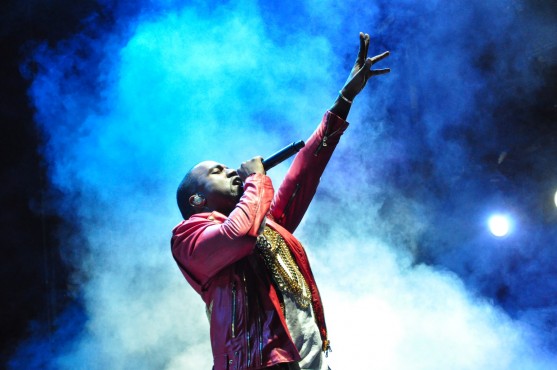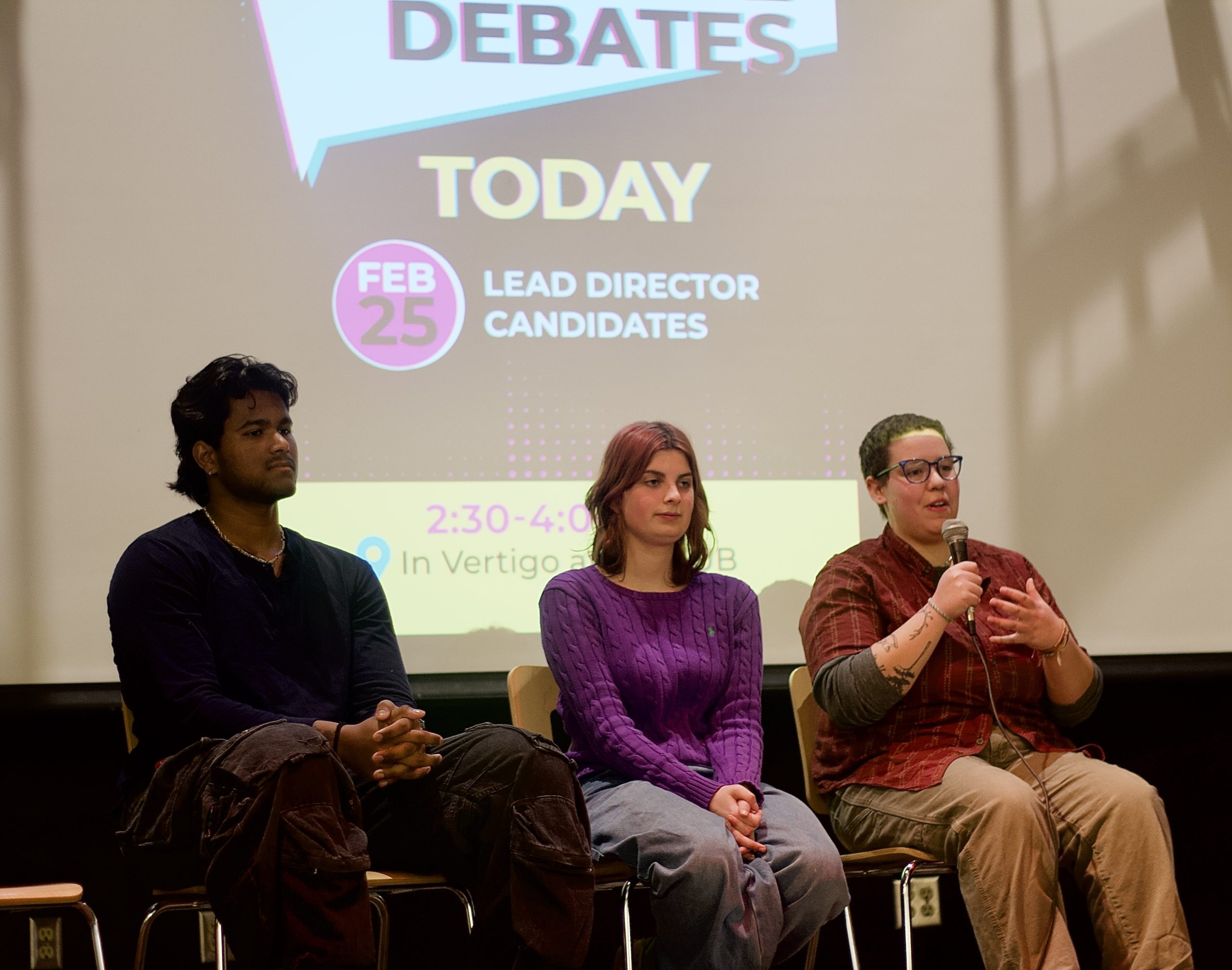This story was originally published in The Strand, Victoria University’s student paper, on Feb. 23.
TORONTO — With the drawn-out release of his seventh studio album, The Life of Pablo , Kanye West is once again making headlines with alarming frequency. For the vast majority of us, not much recap is required. We’re at the point where every oddball tweet of his is reported as news, and everyone seems to have some sort of pronounced opinion on the man and his work. His recent antics have given his acolytes an increasingly difficult time defending his actions, while his detractors continue their advance, determined to prove that he is an utter hack.
In the midst of all this arguing, no one’s really talking about what kind of actions Mr. West could actually take to bring himself back into the public’s good graces. He had once resolved a similar situation—following the infamous Taylor Swift interruption—by releasing the universally acclaimed My Beautiful Dark Twisted Fantasy, reminding critics and fans why he was a big name in the first place. His current infamy is, however, miles and miles beyond what it was in 2010, and there seems to be nothing Kanye can do to bring back the image of the young college dropout with a refreshing and novel approach to hip hop.
Adding to his newly created infamy is the fact that MBDTF‘s success in 2010 did not completely wipe his slate clean with regards to public perception. This is where the unfair expectations placed on black artists come into play. Following the initial Taylor Swift incident, itself very mild compared his latest headline-makers, he was accused of being a “jackass” who didn’t “know his place.” Critics derided him as a talentless hack—though the ones who did so tended to have a tellingly negative view of hip hop in the first place—with his supposed inability to sing often cited for this. It’s interesting to note how Nicki Minaj, whose singing voice is in fact very diverse and can be incredibly impressive, often faces similar criticisms.
Mr. West cannot sway public perception through his art because the public is not willing to be swayed, for reasons that are sometimes valid—such as his brief Bill Cosby apologia—but often very problematic, in that his talents are downplayed due to his genre of choice. This is an overarching problem from which hip hop suffers, as it is a genre inextricably linked to black music and culture, the artistic merit of which is all too often devalued by a very vocal subset of the public. A recent example is Kendrick Lamar’s album To Pimp a Butterfly, a sprawling opus that is arguably one of the most culturally significant pieces of music released in the past decade, which managed to lose Album of the Year at the Grammys to Taylor Swift’s 1989. While 1989 is not by any means a bad album undeserving of praise, it’s worth thinking about how a black artist can release one of the most widely acclaimed albums of all time and still lose to a very good pop album that is just that—a very good pop album.
Making an album with the scope of To Pimp a Butterfly is out of Kanye’s range, but it is clear that even that level of accomplishment would not salvage his current public perception. Although Kanye is in part responsible for his current PR problems, he suffers from the disadvantage of never being considered good enough in the first place. Either way, he seems rather okay with where, and who, he is. As he states quite plainly when parodying parts of his fan base on the tongue-in-cheek interlude “I Love Kanye” from his (disappointing, in this author’s opinion) latest album, The Life of Pablo: “We still love Kanye, and I love you like Kanye loves Kanye.”








